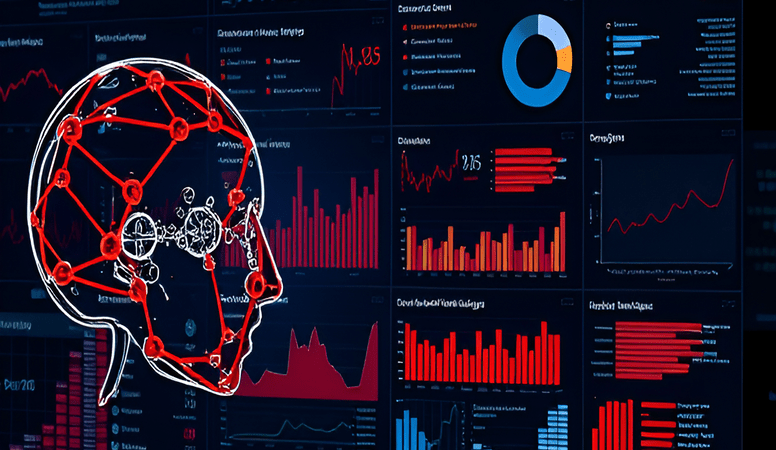In today’s world of destruction, where technology plays a vital role in shaping strategies, tactics and outcomes for world wars. Among the many advancements, Artificial Intelligence (AI) has emerged as a game-changer that has revolutionized the way we fight and win wars. Let us learn today how AI can be used in warfare, military weaponization and explore its practical applications.
Data analysis and Intelligence gathering
Imagine you have an incredibly smart assistant that can analyze large amounts of data in record time. This is what AI can do for military intelligence. By analyzing various sources such as satellite imagery, intercepted communications and social media communications, AI helps identify potential threats, understand enemy movements and predict their next actions. This insight provides valuable information to commanders, enabling them to make informed decisions in battle.
Autonomous systems and AI drones
Drones equipped with AI capabilities are transforming counterintelligence and surveillance missions. These unmanned aerial vehicles can covertly navigate through complex paths, identify targets and even decide whether to attack or retreat based on predefined rules. By reducing the need for human pilots and operators in dangerous situations, AI-powered drones minimize risks while maximizing effectiveness on battlefields.
Predictive maintenance and real-time logistics support
Just as AI can predict your shopping preferences, it can also anticipate military equipment needs. Through advanced algorithms, AI can monitor the health of machinery and weapons systems, predicting potential failures before they occur. This proactive approach to maintenance ensures equipment is always ready for action, minimizing downtime and optimizing resource allocation.
Enhancing the Cyber Security
In the digital age, cyber warfare is as important as footprints on the ground. AI-powered systems act as digital guardians, constantly monitoring networks for suspicious activities and potential cyber threats. These systems can detect anomalies, respond to attacks in real-time, and even adapt their defense based on the evolving tactics adopted by adversaries. By improving and enhancing cybersecurity, AI protects sensitive military assets and communications from malicious attackers.
Informed Decision Support System
When faced with complex scenarios, commanders need all the support they can get to make the right decisions. AI-powered decision support systems analyze large amounts of data, historical precedent, and situational factors to provide actionable insights and recommendations. By presenting different courses of action with their potential outcomes, these systems assist commanders in choosing the most effective strategies, thereby increasing the probability of mission success.
Conclusion!
In short, AI is acting as a force multiplier, enhancing human capabilities and increasing the efficiency and effectiveness of military operations. However, it is important to recognize that while AI offers many benefits, it also raises ethical and legal considerations. Ensuring that AI is used responsibly under international norms and laws is vital to maintaining peace and stability in the world. As technology continues to develop, the role of AI in warfare is also increasing. By responsibly adopting these advances and leveraging them for the broader good, nations can better protect their citizens and safeguard global security.








